Yanna Zhao
Deep Learning for Logo Detection: A Survey
Oct 10, 2022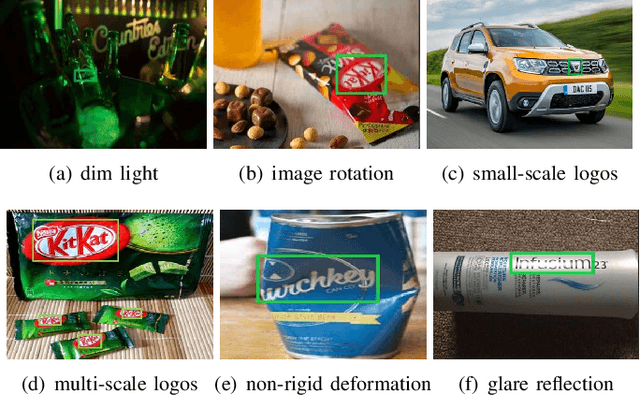

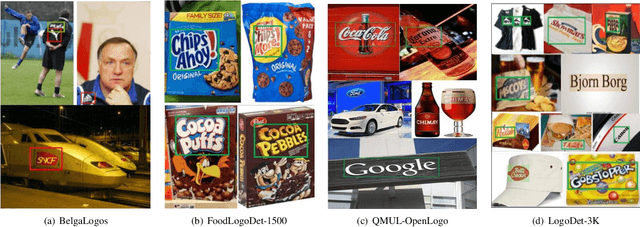
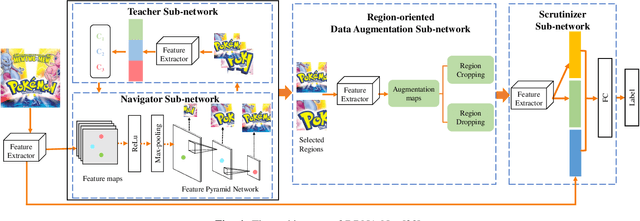
Abstract:When logos are increasingly created, logo detection has gradually become a research hotspot across many domains and tasks. Recent advances in this area are dominated by deep learning-based solutions, where many datasets, learning strategies, network architectures, etc. have been employed. This paper reviews the advance in applying deep learning techniques to logo detection. Firstly, we discuss a comprehensive account of public datasets designed to facilitate performance evaluation of logo detection algorithms, which tend to be more diverse, more challenging, and more reflective of real life. Next, we perform an in-depth analysis of the existing logo detection strategies and the strengths and weaknesses of each learning strategy. Subsequently, we summarize the applications of logo detection in various fields, from intelligent transportation and brand monitoring to copyright and trademark compliance. Finally, we analyze the potential challenges and present the future directions for the development of logo detection to complete this survey.
Efficient reinforcement learning control for continuum robots based on Inexplicit Prior Knowledge
Feb 26, 2020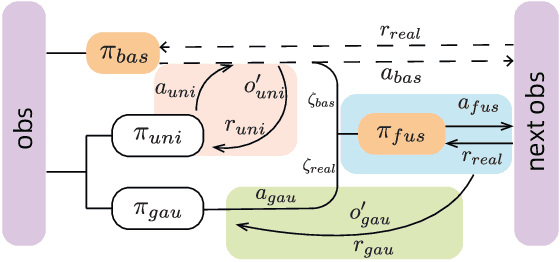
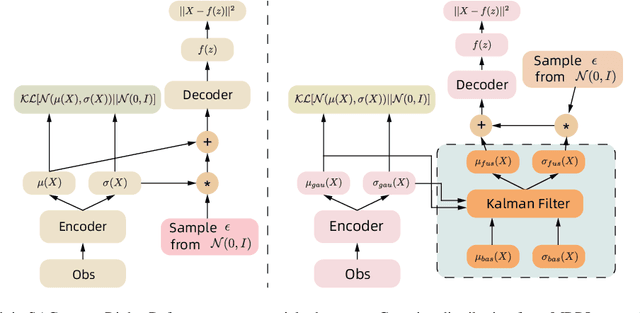
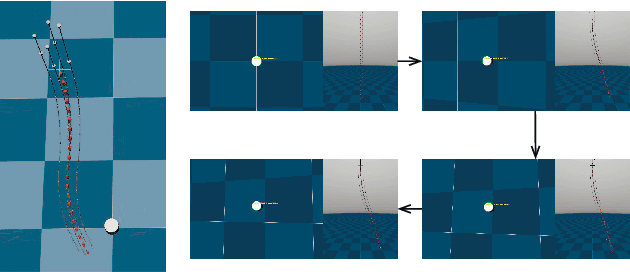
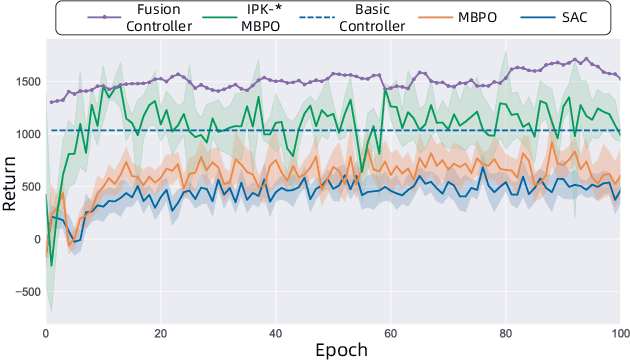
Abstract:Compared to rigid robots that are often studied in reinforcement learning, the physical characteristics of some sophisticated robots such as software or continuum are more complicated. Moreover, recent reinforcement learning methods are data-inefficient and can not be directly deployed to the robot without simulation. In this paper, we propose an efficient reinforcement learning method based on inexplicit prior knowledge in response to such problems. The method is firstly corroborated by simulation and employed directly in the real world. By using our method, we can achieve visual active tracking and distance maintenance of a tendon-driven robot which will be critical in minimally-invasive procedures.
 Add to Chrome
Add to Chrome Add to Firefox
Add to Firefox Add to Edge
Add to Edge